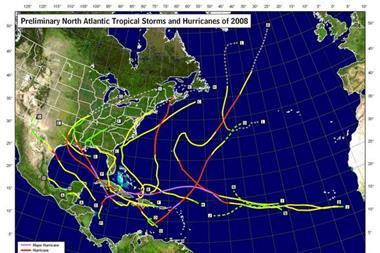The days of the fat cat are over, and must be seen to be over
Stakeholders are angry. There are riots in Iceland. At the meeting of the Royal Bank of Scotland (RBS) on 23 November, chairman Sir Tom McKillop’s assertion that ‘at all times we have sought to ensure that the best interests of shareholders have been protected’ was met with derision from the audience of small shareholders, according to The Scotsman.
In mid November, the chief executives of Ford, General Motors and Chrysler appeared in Washington to plead with the House financial services committee for a $25bn bail-out. But it was the fact that they had each travelled in their private aircraft, rather than their companies’ plight, that drew the attention of Congress (and the media). ‘It’s almost like seeing a guy show up at the soup kitchen in a high hat and tuxedo,’ representative Gary Ackerman told the executives. ‘Couldn’t you have downgraded to first class or something, or jet-pooled or something to get here?’ The auto industry chiefs returned to Chicago empty-handed.
The days of the fat cat are over, and must be seen to be over. With shareholders watching the value of their investments plunge, anything that smacks of fiddling while Rome burns is a massive risk. The media have already leapt on an ‘obscene £1m’ (Daily Mail) set aside for Christmas parties by RBS – with politicians close behind.
In this vengeful climate any attempt at rationality – pointing out that the auto industry executives are required to use company jets for security reasons, or that rewarding bank staff at a mere £10 a head is not excessive – is spitting into the wind.
Swift-footed companies are already looking for ways to wave their hair shirts in public. On 17 November, UBS described its ‘malus’ invention – malus in Latin being the opposite of bonus – whereby executives will have to leave two-thirds of any bonus in an escrow account, to be clawed back if the bank later under-performs. In the same week, Goldman Sachs announced that its executives were giving up their bonuses this year. Earlier Josef Ackerman, boss of Deutsche Bank, told the supervisory board that ‘I am renouncing my bonus in this difficult year in favour of hard-working staff that need the money more than I do,’ according to Bild am Sonntag.
While, currently, it is the banks that are under the cosh of public contempt, it is not going to end there. Risk managers in every sector need to work on an austerity strategy. It’s going to be the height of fashion.



















No comments yet